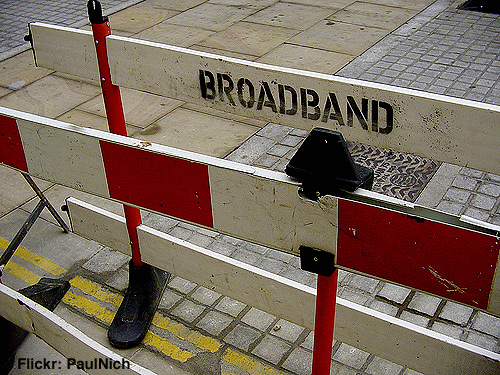“Universal Broadband: Targeting Investments to Deliver Broadband Services to All Americans,” by Blair Levin, is a policy paper that addresses the Knight Commission’s recommendation for universal broadband access for all Americans.
In the paper’s first major initiative, Levin recommends a ten-year transition to shift over $15 billion of inefficient USF expenditures to a more efficient system that allows for experimentation and is designed to address today’s needs. To assure deployment and operation of broadband networks everywhere, the government should
- Create a Connect America Fund to support the provision of affordable broadband and voice specifically to those areas where, without such support, broadband would not be available.
- Create a Mobility Fund to ensure no states are lagging significantly behind the national average for broadband wireless coverage; and
- Remove barriers to local government funding of broadband networks.
The paper’s second major initiative makes a number of recommendations to increase adoption of broadband by low-income Americans and other non-adopter communities. Cost is the biggest factor, but it is not the only factor. Digital literacy and relevance also loom large as factors affecting adoption. Government should:
- Expand, and eventually transform, the current Lifeline and Link-Up programs from subsidizing voice services to making broadband affordable to low-income individuals.
- Form partnerships with non-profit agencies to address relevance barriers with targeted programs.
- Create a National Digital Literacy Corps to teach digital literacy skills and enable private sector programs addressed at breaking adoption barriers.
- Convene a working group to address adoption by persons with disabilities, a key non-adopter community
- Experiment, through a competition, to try new techniques to drive adoption.
Blair Levin became Communications & Society Fellow with the Aspen Institute Communications and Society program on May 10, 2010, following his departure from the Federal Communications Commission, where he served as the Executive Director of the Omnibus Broadband Initiative.
